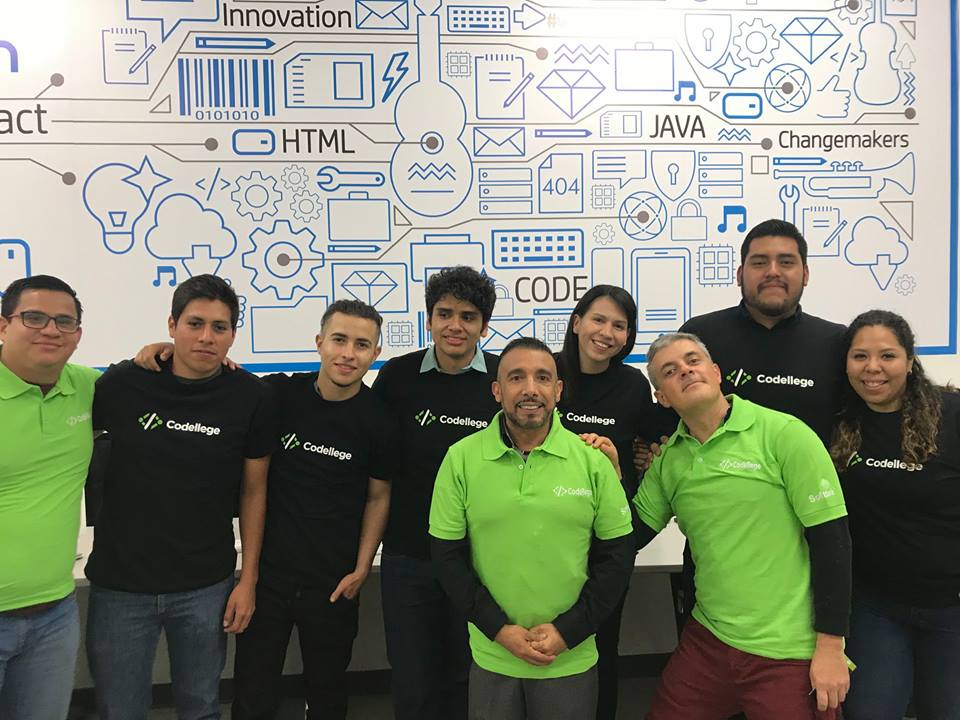Softtek highlights importance of year-round digital inclusion

Original article published in Spanish by SDP Noticias
Fernando Nava Velázquez, director of Corporate Social Responsibility at Softtek, recalled that technological inclusion is crucial to ensure a brighter tomorrow for future generations.
This was said during the context of the month of inclusion but stressed that this should be considered throughout the year and not only during certain dates.
For Fernando Nava, inclusion is reflected when considering all the different points of view to better leverage diversity and create teams and projects that are more efficient and achieve greater results.
It also means we all have equal opportunities, regardless of social context, ideologies, gender, etc.
“During [the month of June/inclusion] inclusion, it is important to remember that this topic should be present in and outside all organizations 365 days a year. Today, inclusion is reflected when considering different points of view, leveraging our diversity to create teams and projects that are more efficient and achieve greater results. However, inclusion also implies having equal opportunities regardless of social context, ideologies, gender, etc.,” says Nava.
Technological inclusion was accelerated by the pandemic
The digital push brought by the pandemic has shown that technological inclusion is key to ensuring a better future.
The representative of the firm anticipated that for the next seven years the transition will be further accelerated as a series of initiatives and programs have been carried out to boost people’s technological skills.
Codellege continued during the pandemic
Through the implementation of hands-on classes, for example, to learn how to use a computer, the creation of Codellege was born, a program where young people receive programming and English classes for five months with an educational program that is tailored to the technological needs of their communities and cities.
This program also helps young people to find jobs in their cities 50% of the time:
• Monterrey
• Mexico City
• Guadalajara
• Aguascalientes
• Buenos Aires
• Bogotá
Despite the pandemic, Codellege has continued online and has had positive results. Some achieved 56% labor inclusion in the first three months after finishing the program, which represents a 70% increase in household income for the graduates.
Currently more than 500 young people have participated in the Codellege program, and the company has partnered with other businesses and local governments to continue developing their professional careers.
Codellege will be part of the culture and history of Softtek, affirmed Nava, as the results have further motivated investment into the project.
Challenges to expand Codellege
The challenge is to bring Codellege to more states in Mexico and other countries in Latin America.
To learn more about Codellege, visit https://codellege.com/.


